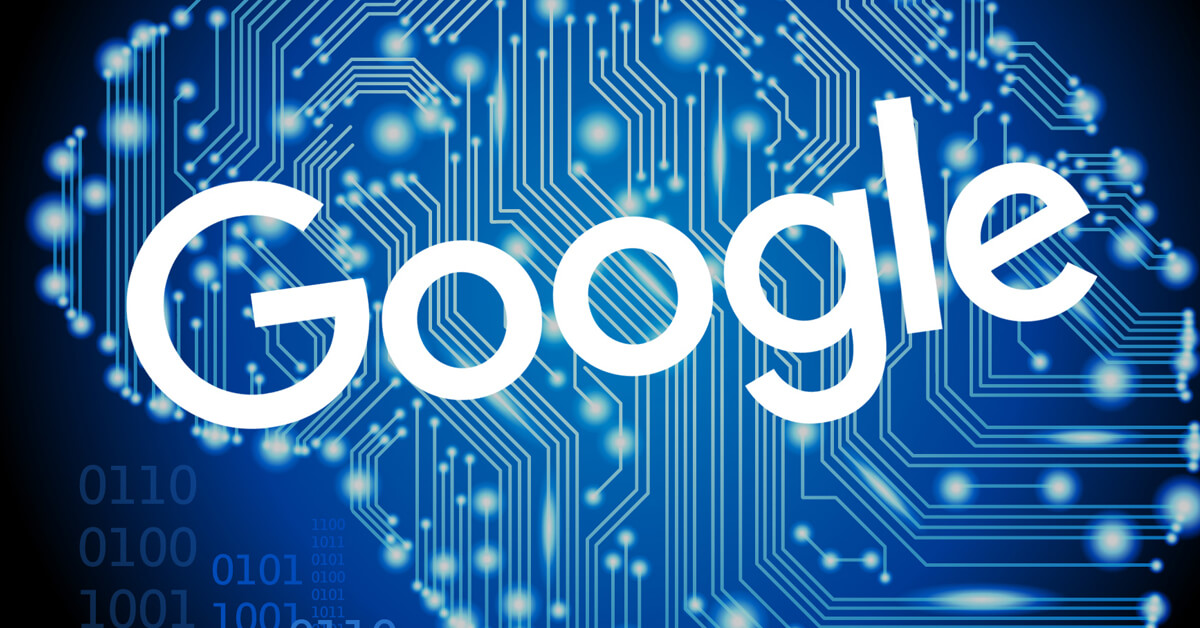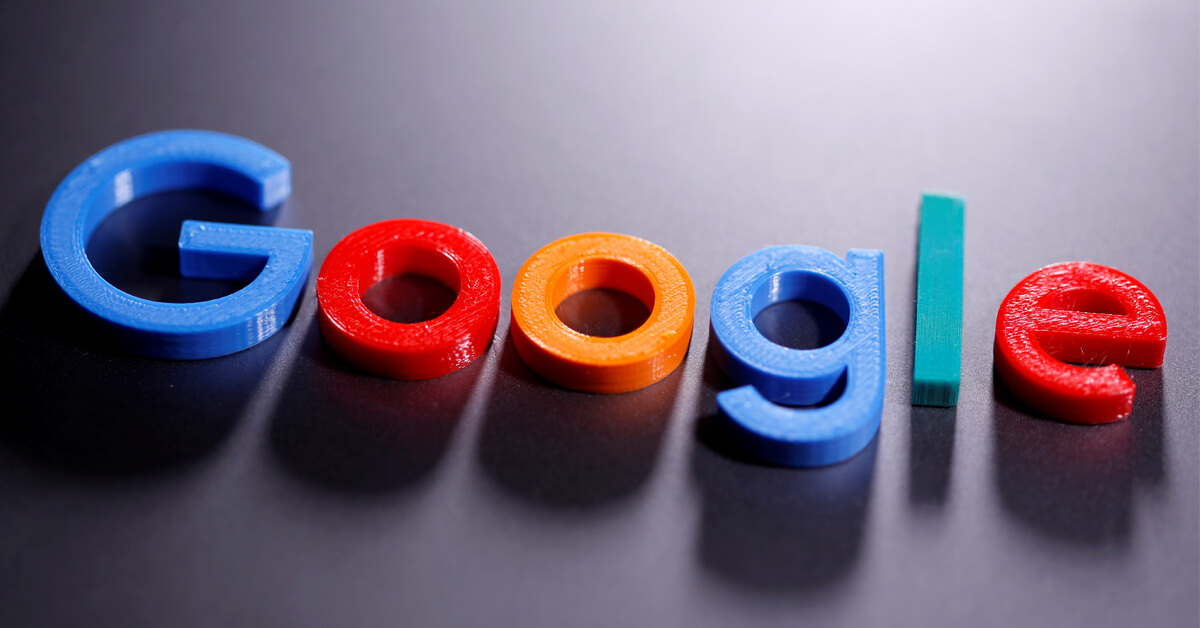Google Search and Advertising: Past, Present, and AI Future
Google, founded in 1998 by Larry Page and Sergey Brin, has grown from a simple search engine to a global tech giant. Over the years, Google has expanded into advertising, becoming a leader in both search and advertising. This article will explore Google’s journey, its current position, and its future plans in AI.
The Early Days of Google Search
Google’s primary focus when it launched was simple: deliver the best search results. Its revolutionary PageRank algorithm quickly made it the most popular search engine. As Google’s search capabilities improved, so did its ability to gather valuable data from user searches. This laid the foundation for what would become one of the world’s largest advertising platforms: Google Ads.
Google’s Growth in Advertising
Google’s advertising journey began with Google AdWords, now known as Google Ads. Businesses of all sizes flocked to the platform, seeing its potential to target users based on their search behavior. Over the years, Google Ads has evolved, integrating AI and machine learning to optimize ad placements and increase efficiency. Today, Google Ads plays a critical role in the company’s revenue, with billions generated each year.

The Shift Toward AI-Powered Search
Google’s focus isn’t just on search and advertising anymore. The company has shifted towards integrating AI into every part of its services, including Google Search and Advertising. AI is now central to how Google delivers search results, ads, and user experiences.
A recent announcement by CEO Sundar Pichai underscores this shift. Prabhakar Raghavan, who led Google’s search and ads division, played a significant role in launching AI features like Smart Reply and Smart Compose in Gmail. He also oversaw the introduction of AI innovations like Immersive View in Maps and AI-powered product recommendations in Shopping.
Google’s Leadership in AI
Google is committed to being a leader in AI. To achieve this, they have reorganized key leadership positions. Prabhakar Raghavan is transitioning to the role of Chief Technologist, focusing more on technical innovation, especially in AI. Longtime executive Nick Fox will now lead Google Search and Advertising, continuing the focus on AI development in those areas.
This leadership transition shows Google’s focus on integrating AI across all its services, ensuring that Google Search and Advertising stay competitive and innovative.
Google’s Ongoing AI Innovations
Google’s AI advancements go beyond search and advertising. They are incorporating AI into tools like Google Assistant, Google Maps, and Google Shopping. For example, Immersive View in Maps gives users a real-world experience, and virtual try-ons in Shopping make online purchases more interactive.
Google DeepMind and Gemini
To further strengthen its AI capabilities, Google recently merged its Gemini app team with Google DeepMind. According to Pichai, this merger will enable quicker AI model deployment and improve feedback loops. It’s a clear move to accelerate Google’s dominance in AI technology. DeepMind has been at the forefront of AI research, and this partnership will likely bring more innovation to Google Search and Advertising.
The Future of Google Search and Advertising
As Google continues to refine its search algorithms with AI, the future of search and advertising looks promising. AI will enable more personalized search results and better-targeted ads, ensuring users find what they need faster. Businesses using Google Ads will also benefit from AI-powered optimization, reducing costs and increasing the effectiveness of their campaigns.
Google Search and Advertising have come a long way since the company’s early days. With AI driving the future, Google remains a leader in search technology and online advertising, shaping how we interact with the internet for years to come.








